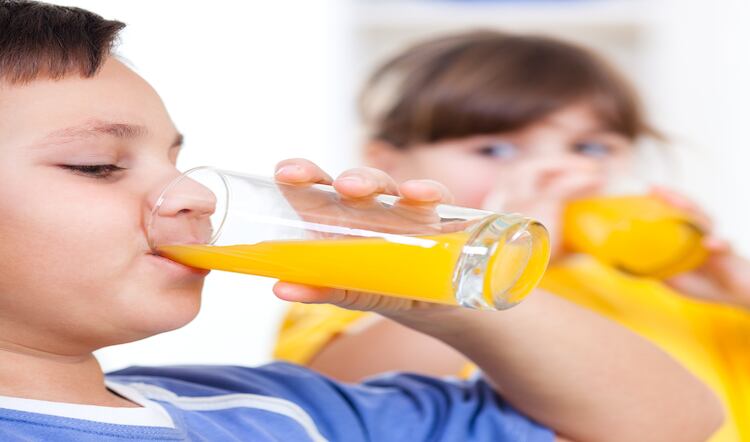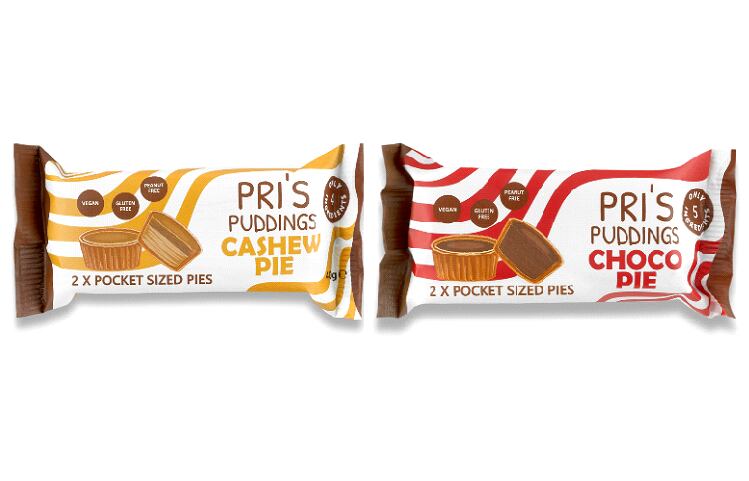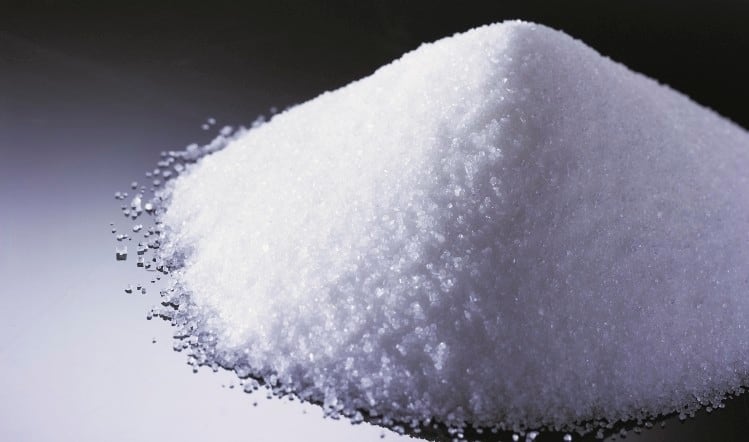The survey said that children in the UK start consuming free sugars (those added to foods and drinks and those occurring naturally in fruit juices, honey and syrups) at a very young age, and that many toddlers’ sugar intake exceeds the maximum recommended amount for children aged four and older. WHO recommends that free sugars should not make up more than 10% of daily calories.
Its analysis of 2,336 children from the UK’s largest contemporary dietary dataset of toddlers found that only 16% of those aged 21 months, and less than 2% of 7-year-olds, met the recommended intake of free sugars. It found that most of the free sugar in toddlers’ diets come from pure fruit juices, yogurts and fromage frais; while in young children the main sources are pure fruit juices, cakes and pastries, and chocolate-based confectionery.
Misleading
Lisa Heggie, University College London, UK, who led the research said: “It is misleading and unhelpful for products to make claims such as ‘no added sugar’, when the product contains high levels of naturally occurring free sugars because it has been processed (e.g. concentrated fruit juice).
“More also needs to be done by governments and food manufacturers to reduce the free sugar content in foods and beverages and to reformulate products that are significant sources of added sugar in children’s diets such as yoghurts, juice drinks, cakes and chocolate-based confectionery.”
The study was conducted as part of SWEET, a European Commission Horizon 2020 funded programme of research also found that more than a third of those aged 21 months and at least 80% of 7-year-olds exceeded the recommended limit of 10% of daily calories from free sugars.
“Our results suggest that free sugar consumption starts early in life and exceeds current public health recommendations, largely due to the high amounts of added sugar in modern diets,” said Heggie.
Ultra-processed foods
“Much of children’s daily sugar intake is hidden in packaged and ultra-processed foods, many of which are marketed as healthy. For example, a standard serving of breakfast cereal can contain up to 13 grams (3 teaspoons) of free sugars, and some yogurts contain as many as 15 grams (approximately 4 teaspoons).”
To provide more evidence, researchers analysed data from the Gemini study, which has been following 2,400 British families with twins born in 2007. Parents were asked to complete 3-day eating diaries for 2,336 children when they were toddlers (21 months old), and again for a subsample of 460 children when they were 7 years old.
The results indicated that the average UK toddler consumes more than six teaspoons (25.6g) of free sugar a day; and by 7 years of age children are averaging almost 18 teaspoons (57.4g) per day.




